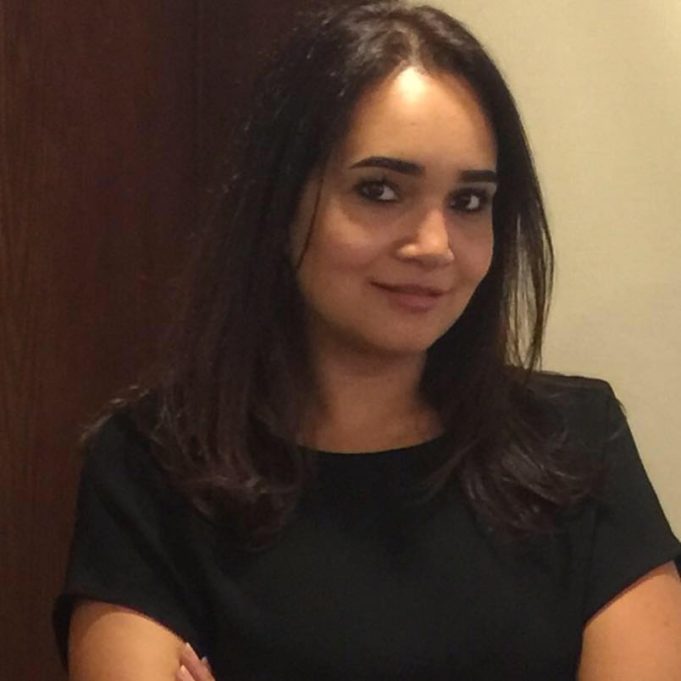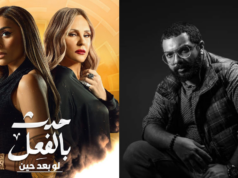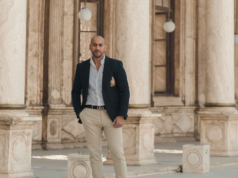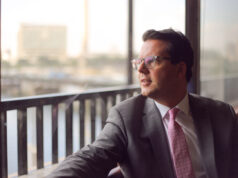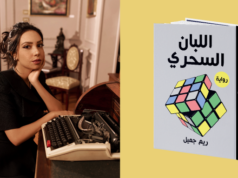Rowaidah Bibers is a PR guru who studied Business Administration and Accounting at the University of New Brunswick. Rowaidah is currently working as the Managing Director of POD. She has excelled in the PR field on every measure and her secret is that she does not only regard PR as a job, but as a passion that she happened to be very talented at.
1. You have reached a very impressive level in terms of PR; can you tell us more about your journey and why you chose PR as a career?
Ten years ago, I didn’t know a thing about PR but the moment I started learning, I felt I had the necessary communications and social skills for the job. Being a very sociable person in my personal life also helped me to excel in the PR field. In fact, I took it as a challenge. I made it a point to start networking, and I really did. I never visit a place without making it a point to get to know someone new, even if that person is not related to my work. I’m very passionate about getting to know people in general, and I regard PR as a talent in itself.
2. As a woman, do you feel like you faced more challenges to reach your position in the PR field?
Well, the PR field is actually dominated by more women than men. I personally believe that women do better than men specifically in our field, because women innately have the social and communication skills necessary for the job. The PR field is all about networking and dealing with different people, and women are better at doing that than men in general. This also the main reason I never faced any challenges in the PR field.
3. How can PR be utilized in favor of businesses?
In 2011, it’s safe to say that a lot of companies and businesses underwent several crises. Crisis management is one of most important the roles of the PR departments, because companies and business should know how to lobby, to be proactive and to be ready to handle or face different challenges that the company might face. That means that if any business or companies are not strong in terms of PR or corporate communication skills, they will be more prone to negative situations and crises. However, I believe that companies and corporations started to acknowledge the role of PR after the revolution. They now understand that communication is key to their success, whether it’s communication with the government, the media or with the internal labor force.
4. In your opinion what are the key factors necessary to excel in the PR field, and what are some of the factors that helped you succeed?
As I mentioned earlier, PR is all about communications and being people smart. If you have good communication internally with your team, you will undoubtedly excel in your career. On the other hand, if you lack strong communication ties with your team or regard them as anything other than your own flesh and blood, you will most definitely fail. The inner working structure always reflects on your external work. My team is my backbone, and they are the propellant for any form of good work I do. In short, in order to excel in the PR field, you have to understand the concepts of transparency and love and to practice it with your team, because these are the two main components of what I call successful management.
5. Do you feel like that there are certain tasks or jobs that you are not able to pursue, even at the prestigious level you have reached in your career?
On the contrary, I usually feel like I have the green light to do whatever task I want to do. My job necessitates that I form different working relationships with different sectors of the country. It’s safe to say that I have access to the different sectors of Egypt whether it be, the government, the ministry, multinational companies or the media.
6. In Egypt, it is often claimed that women can’t succeed in maintaining their professional lives without it affecting their home, family and personal life. What do you have to say about that, and do you agree?
I can agree to a certain extent. The balance between work and home in Egypt has become very hard, mainly because people are working extra hours. That situation is not exclusive to Egypt by the way; Germany for example faced the same problem so they decided to include nurseries in big corporations. This shows that work doesn’t only affect Egyptians when it comes to their personal lives and homes. It’s a global issue. I honestly believe that it’s very hard to balance between work and home in general, which is why the smart thing to do is to find and adopt a policy when trying to balance between your work and home. You have to know when to give to each and when to back off. Honestly, there is no right way to do it. There is no world measurement to the balance between work and home. It all depends on the satisfaction of the woman who is doing the decision making. It’s important that when she looks back on her life, she feels satisfied with how she chose to spend her time whether investing in her family or in her work.
7. Who would you say was your role model(s) growing up? And what did you look up to them for?
Queen Rania and Princess Diana are my role models. Mainly because they were or are very educated influential women who held great power and authority, yet manage to stay humble and down to earth. I also believe that any woman who faces challenges and obstacles in her life and still manages to succeed is a role model.
8. How would you describe the professional world in Egypt? Do you believe that women are being granted the same opportunities as men? What would you suggest is the right action to ensure equal opportunities for both genders?
I believe that successful women are capable of succeeding anywhere in the world regardless of the social pressures they might face. However, the problem is in the perceptions and traditions of the Middle East as a whole. We perceive women as these fragile creatures who are worth preserving. The good news, however, is that this perception is starting to change but it’s important to understand that the change won’t happen in one day. More women are taking leading roles as ministers for example. The change is happening and it will keep happening. All we have to do is remain patient and give it time. We are starting to learn our rights, fight for them and the best part is that we are acquiring a lot of these rights. The role of women in the community has really increased in the past few years, and more is yet to come.
9. What advice do you have for other women who are looking to hold prosperous careers just like you, and what would you like to tell them?
I don’t believe in failure. It’s just not a word in my dictionary. I believe in challenges and I believe that we should be able to take on challenges and to carve our ways into the world until we feel satisfied with our lives. It is also important that we set our own success goals and not let others tell us what to do and how to be successful. Every woman should be looking for her inner self satisfaction, because it is only through self-satisfaction that you are able to defy all odds and fight to become a better person at your career even when faced with the opportunity cost of having success affect your personal lives and families. We have to believe in ourselves enough so that we can achieve our dreams because at the end of the day, we are capable of achieving whatever it is we want to achieve. They key is in these 4 points: First you have to love yourself, second you have to love yourself, third to love yourself and finally to think of others. Women have to learn to put their needs before others, because they will never succeed without loving themselves.
10. What do you see yourself doing in the future?
I want to stay as motivated and passionate about my career and job as I am right now and to keep succeeding and going the extra milestones; I’m very satisfied with my life. The only thing that I really hope and dream of is a stable economic and political future for our beloved country Egypt.


